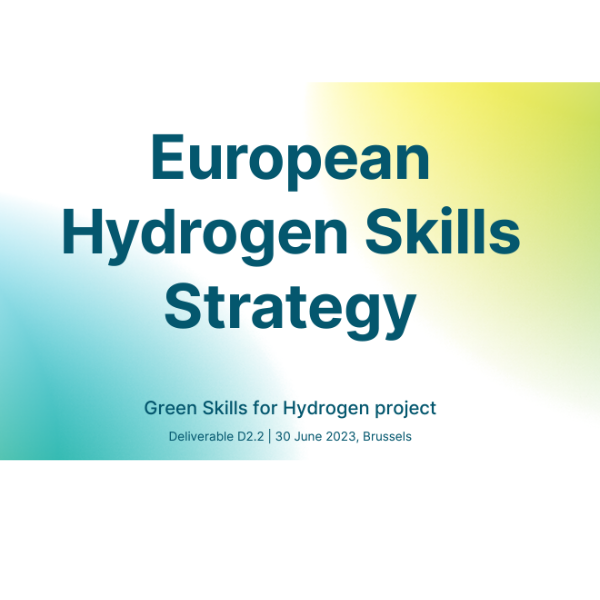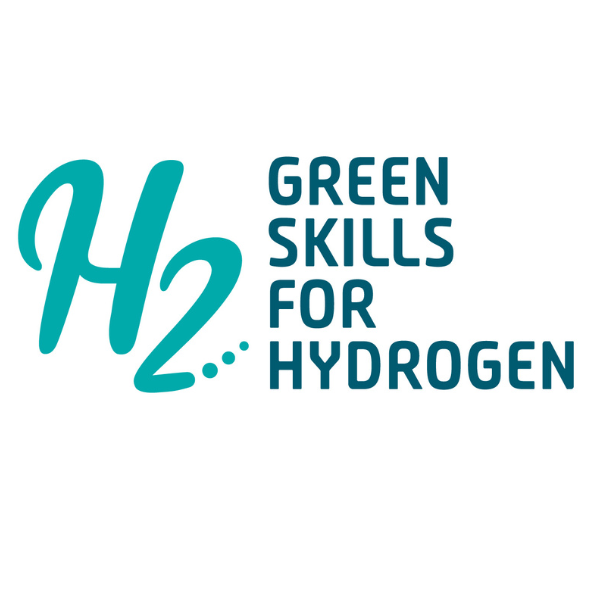We work to create a Hydrogen Skills Agenda
Hydrogen Europe Research recognises the education of students and the upskilling & reskilling of the workforce as essential for the development of the future hydrogen economy. Considering the fast-paced deployment of the hydrogen ecosystem, a trained workforce will be needed to meet the ambitious EU targets and deliver on the strategies of member states and regions.
Hydrogen Europe Research set up a Task Force to discuss skills needs in the hydrogen sector and how to best address them.
The Task Force is steered by a chair who is elected for a two-year mandate. The current co-chair elected in 2024 is Professor Steinberger-Wilckens from the University of Birmingham.
We participate in the Fuel Cells and Hydrogen Observatory
Hydrogen Europe Research partners in the Fuel Cells and Hydrogen Observatory (FCHO). The FCHO provides data (statistics, facts and analysis) and up to date information about the entire hydrogen sector. The FCHO focuses on technology and market statistics, socio-economic indicators, policy and regulation, and financial support.
This go-to resource also has a dedicated section on Education and Trainings which has been designed for students, teachers, researchers and, more broadly, individuals interested in learning about fuel cells and hydrogen. It provides an overview of trainings available in the field of fuel cells and hydrogen as well as educational materials that may be of interest to these groups. You may access this platform and many more resources by clicking here.
We participate in the Green Skills for Hydrogen project
The rapid development of the European hydrogen value chain over the coming years is expected to generate up to 1 million highly skilled jobs by 2030, and up to 5.4 million by 2050. The Green Skills for Hydrogen Project (GreenSkillsforH2, funded by the ERASMUS+ programme) is contributing to the development of a skilled workforce in Europe for the emerging hydrogen economy by addressing the skills gap and providing training to boost the industry.
GreenSkillsforH2 will help meet European hydrogen ambition by accelerating the upskilling and reskilling of students and members of the workforce across Europe.
Hydrogen Europe Research is part of the Consortium managing this initiative, which is led by the Karlsruhe Institute of Technology and has a total of 34 partners from 15 European countries. These partners comprise six Work Packages (WP) that will jointly coordinate the various activities and tasks to be carried out throughout the life of the project.

- Skills
European Hydrogen Skills Strategy unveiled!
We are happy to announce the Hydrogen Skills Strategy has been published! This significant milestone[…]

- Hydrogen Event
- Skills
GreenSkills4H2 project Kick-off Meeting - 6/7 July
On July 6 and 7, the kick-off meeting of the new GreenSkills4H2 project took place[…]
